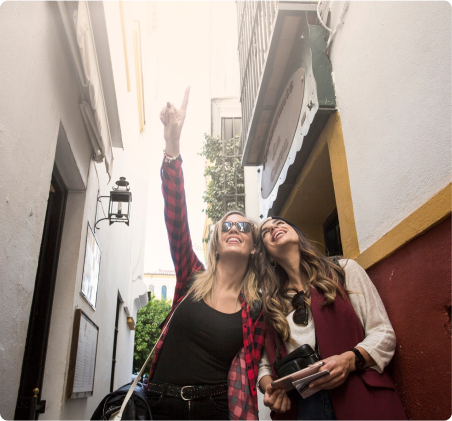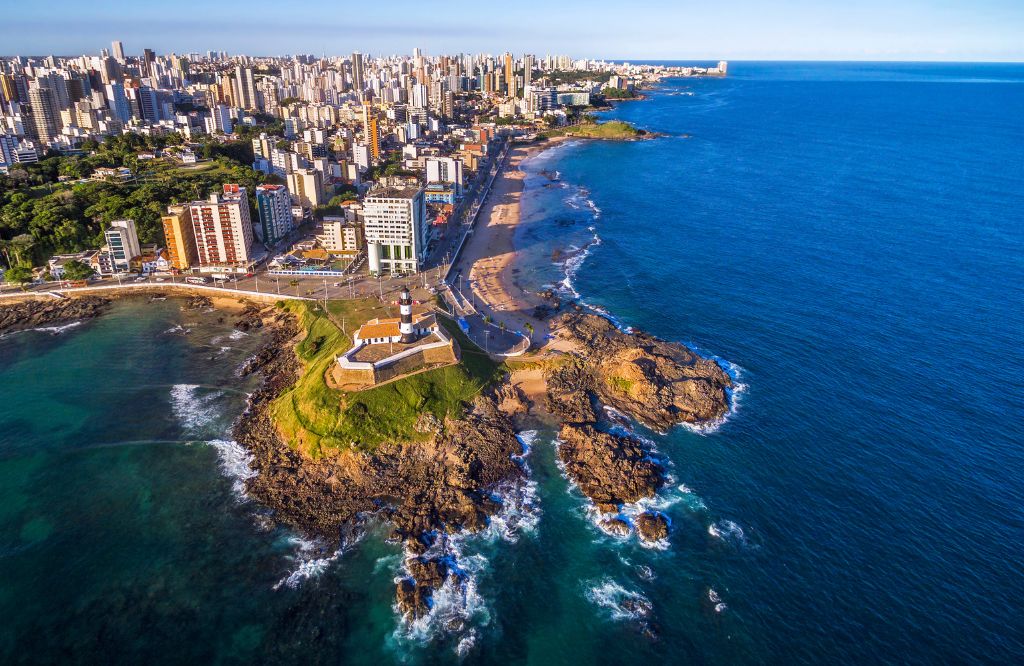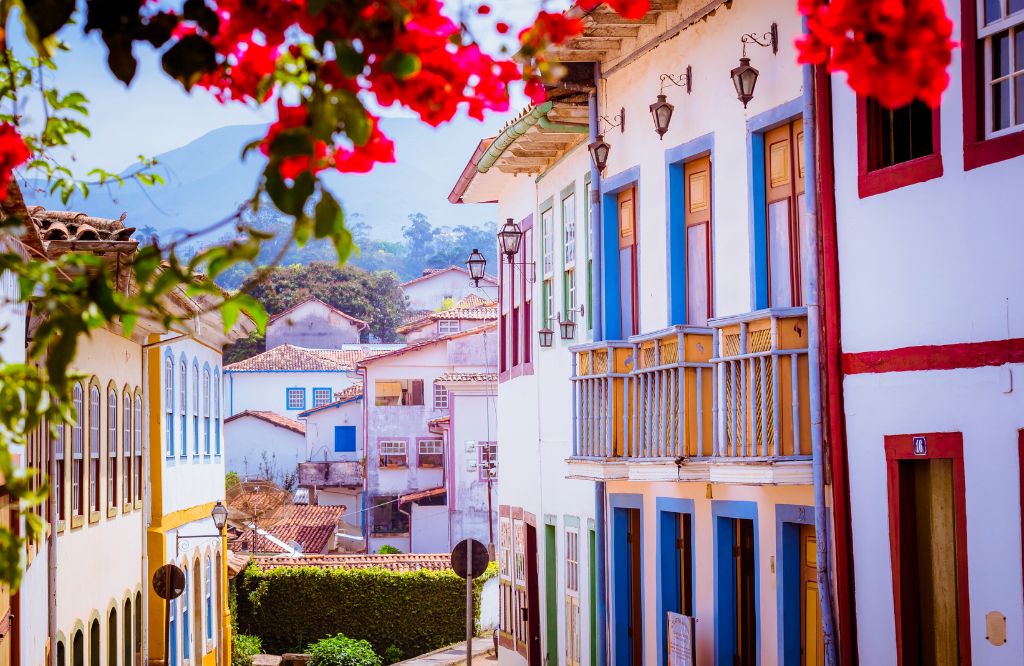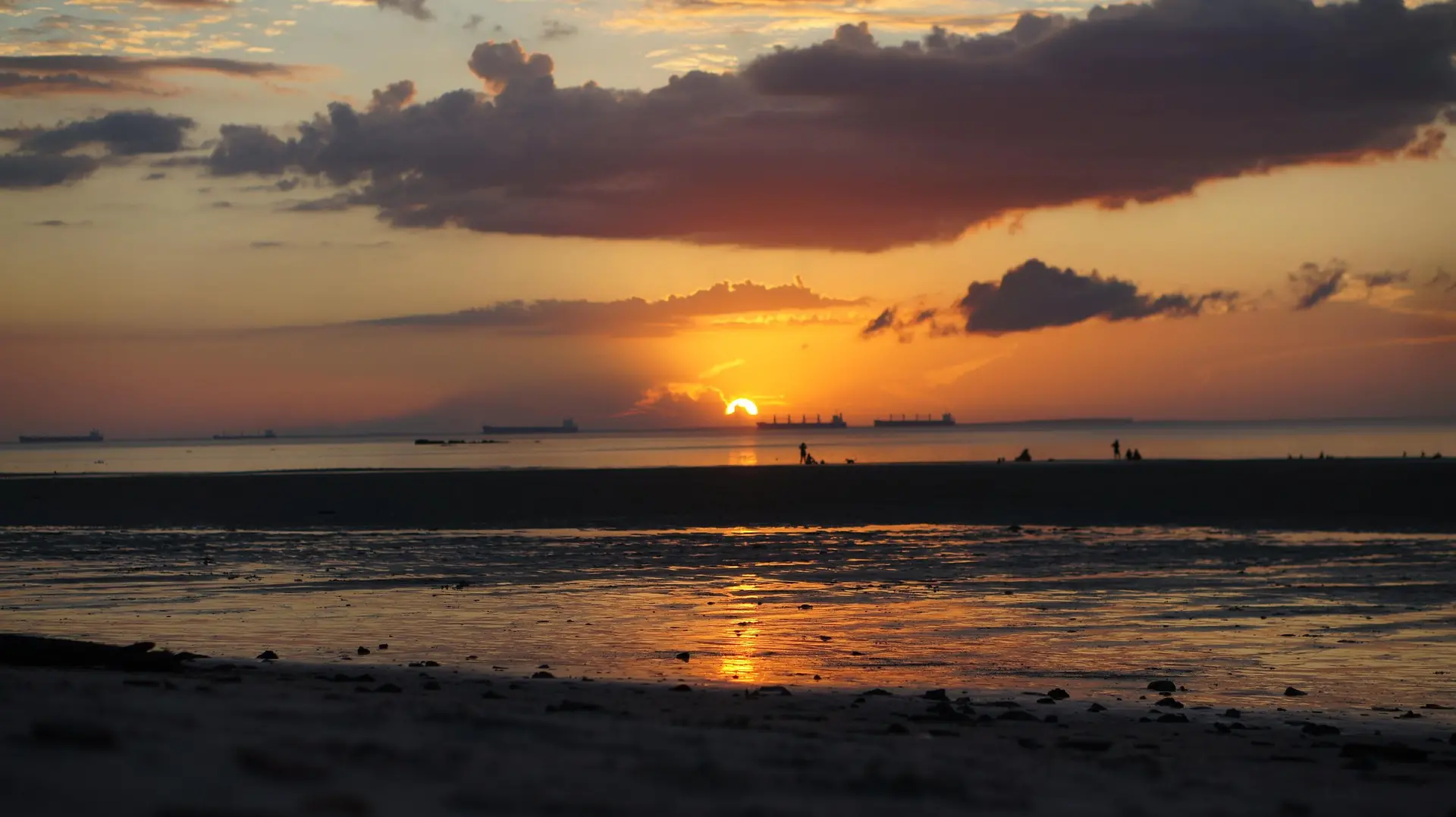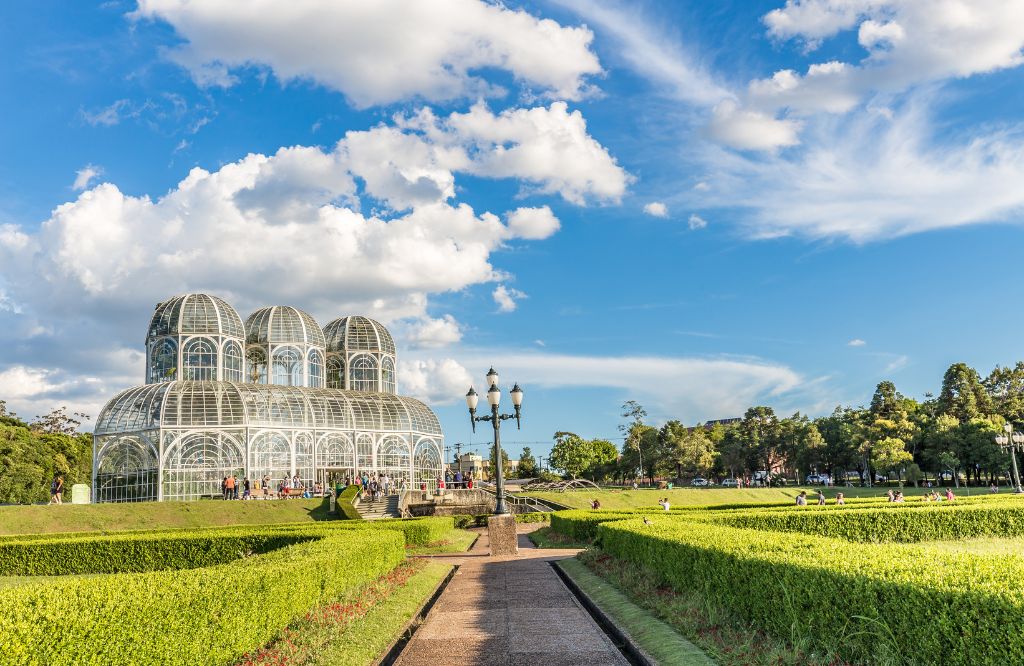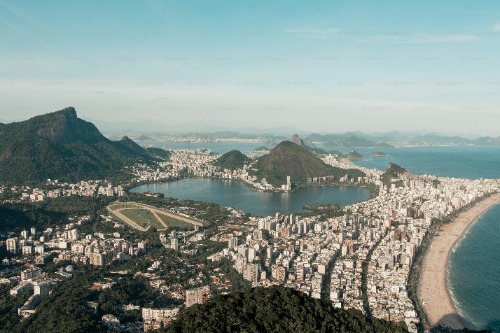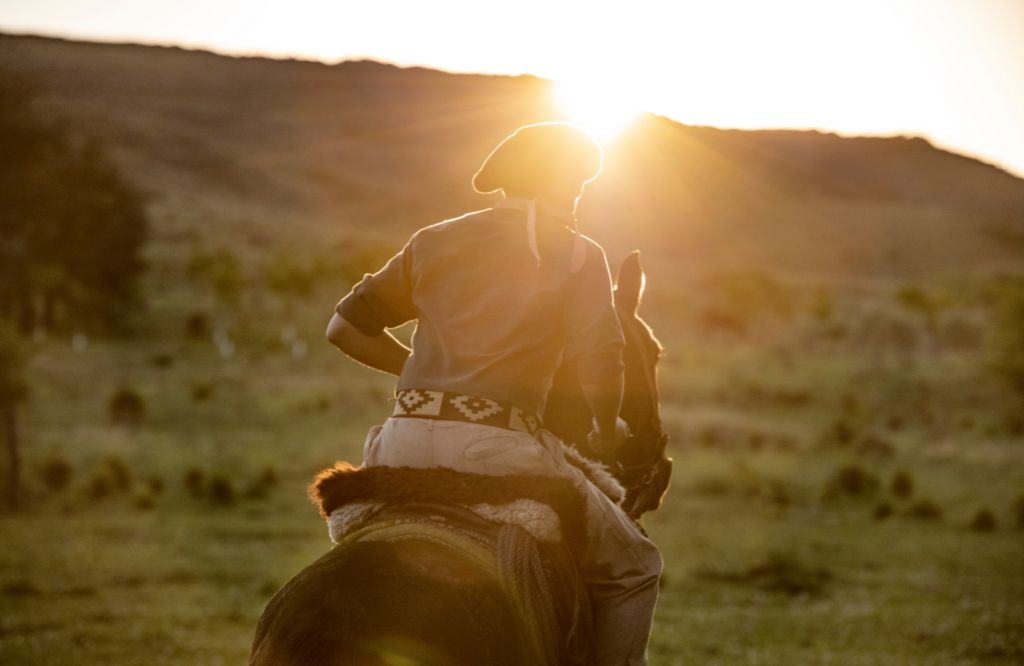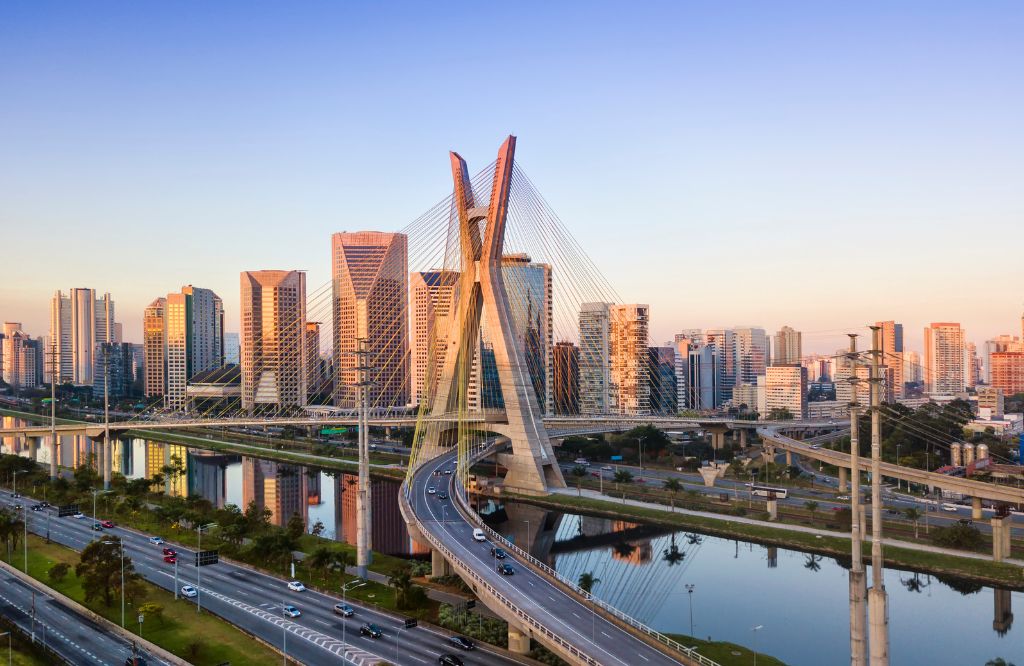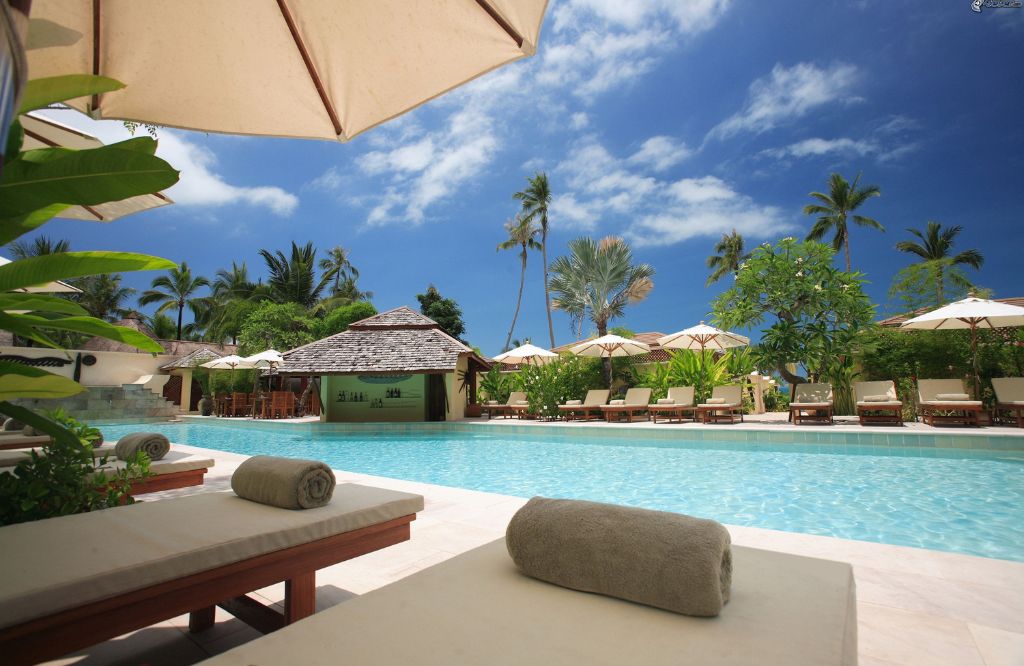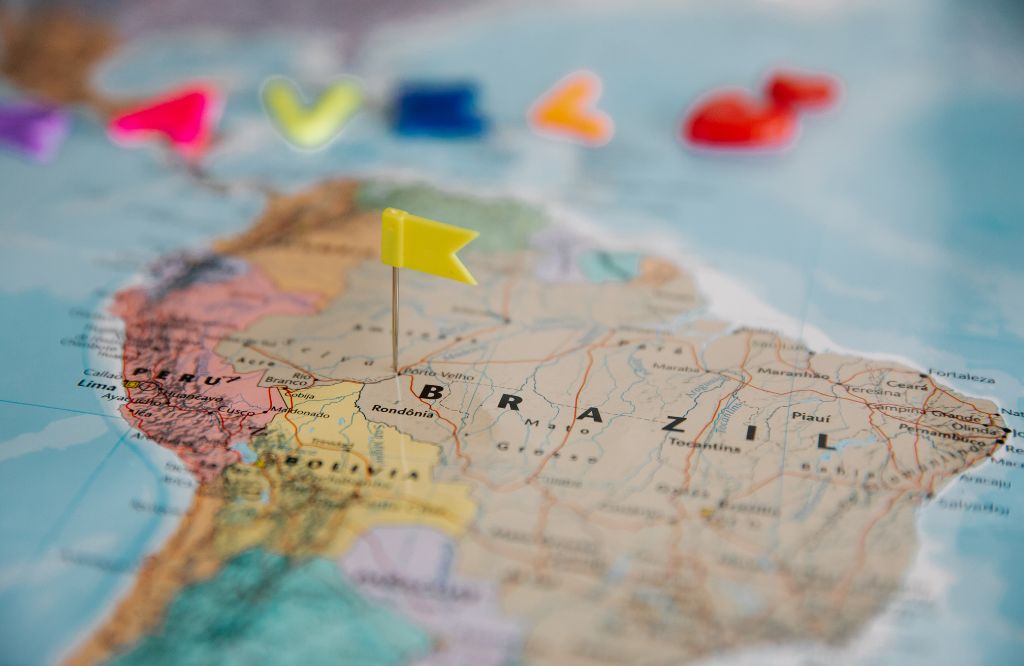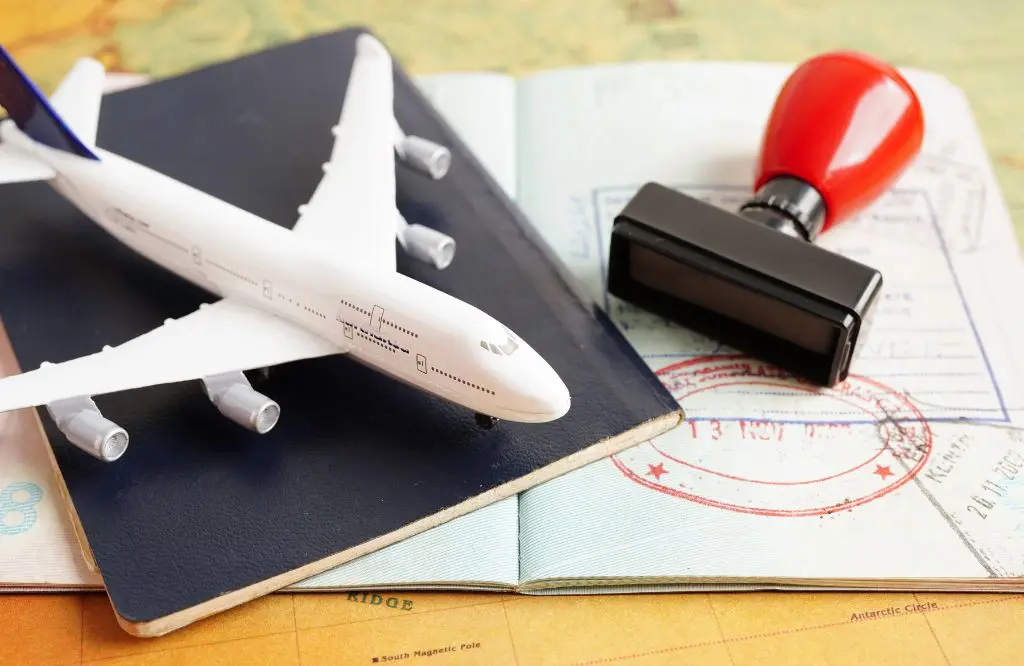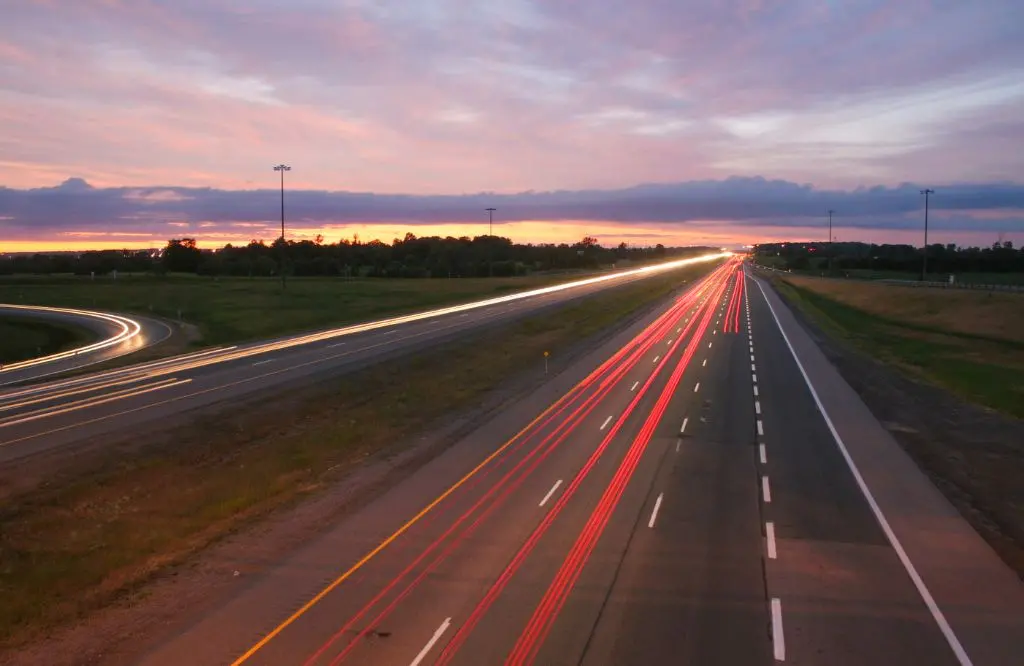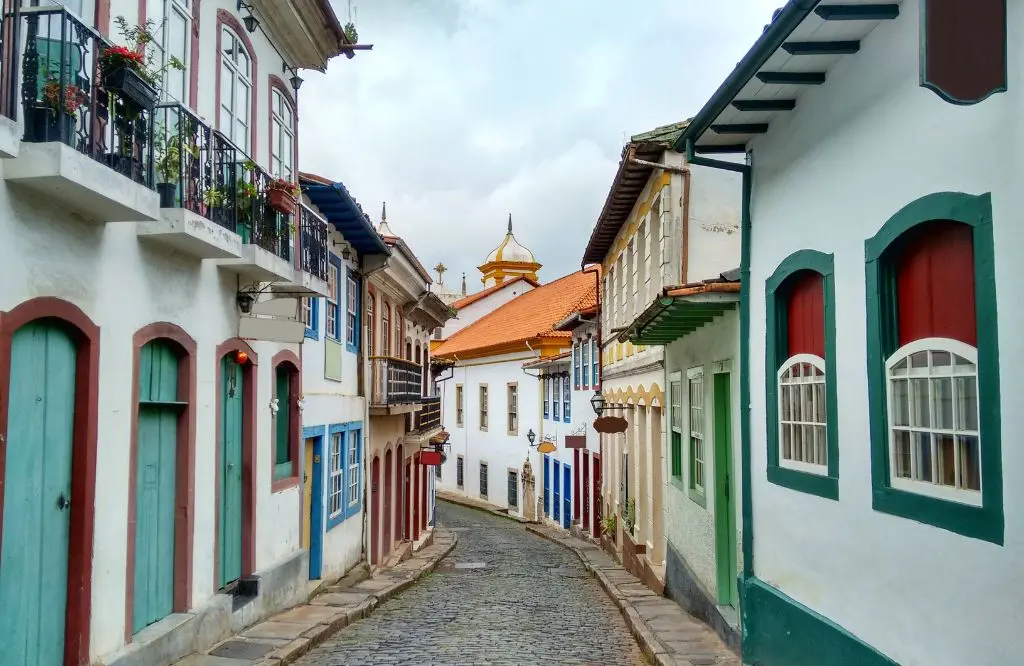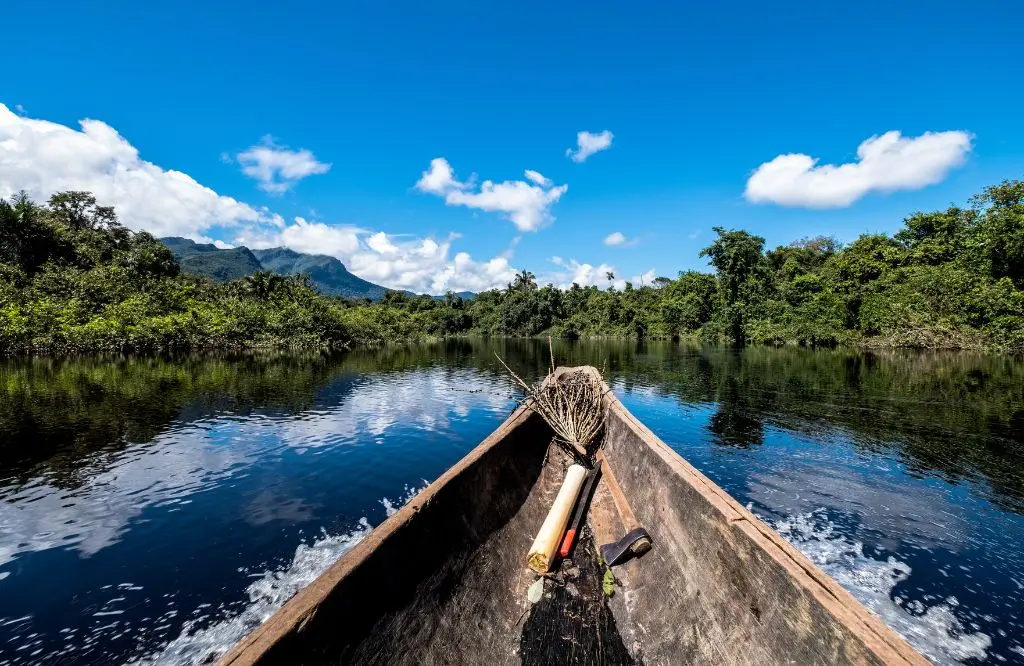Brazil is a country of continental dimensions, known for its natural beauty, diverse culture, and always welcoming people. With an area of over 8.5 million square kilometers, the country offers an impressive variety of landscapes, from tropical beaches to dense forests, modern metropolises, and historic cities. This geographic and cultural diversity makes travel planning for Brazil essential to make the most of your experience.
It’s necessary to consider factors such as climate, transportation, accommodation, and local attractions. This Brasil ATM guide will help you organize your travel to Brazil, addressing important aspects for a smooth and unforgettable experience.
By following these guidelines, you’ll be better prepared to explore the riches that the country has to offer, from its unique cuisine to its cultural traditions.
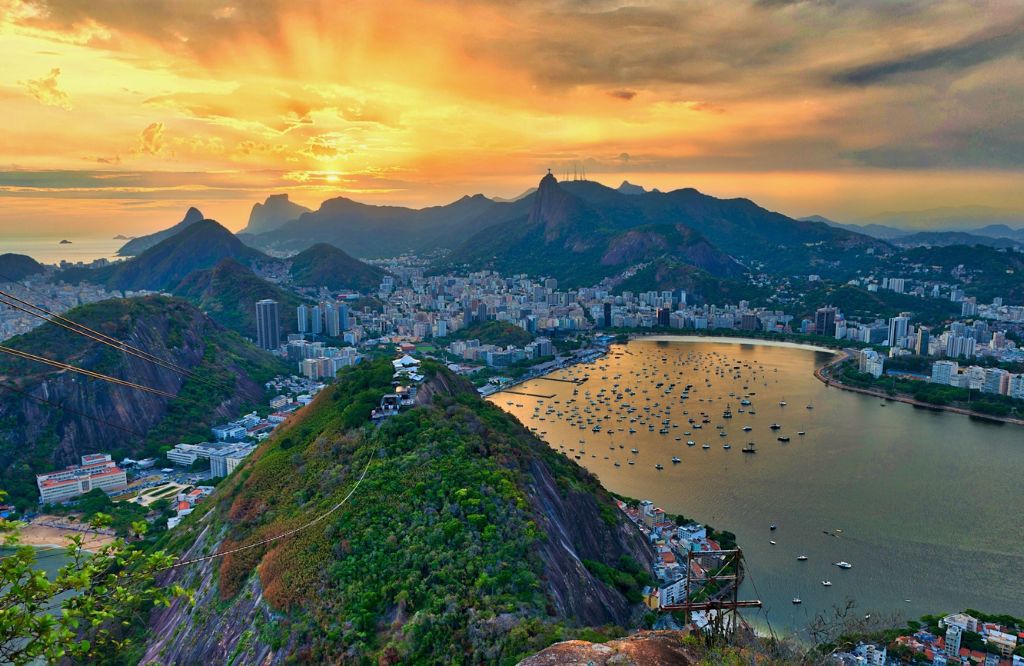
Choosing the destination
The first step to do your travel planning for Brazil is to define where you want to go. Brazil, with its continental size, offers an impressive diversity of destinations, each with its own characteristics.
The choice of the ideal location for your trip will depend on your personal interests, available time, and the experience you’re seeking. Let’s explore some of the main options:
Paradise beaches in the Northeast
The northeastern coast is famous for its warm waters and white sand beaches. Destinations like Porto de Galinhas, Jericoacoara, and Morro de São Paulo offer stunning landscapes and water activities.

Amazon Rainforest in the North
The world’s largest tropical rainforest provides a unique ecotourism experience. Cities like Manaus serve as gateways to explore the region’s rich biodiversity.
Historic cities in Minas Gerais
Ouro Preto, Tiradentes, and Diamantina are examples of cities that preserve colonial architecture and tell Brazil’s history through their monuments and baroque churches.

Cosmopolitan metropolises
São Paulo and Rio de Janeiro are urban centers that offer a mix of culture, gastronomy, and nightlife. Rio, in particular, is known for its urban beaches and iconic tourist spots.
Exuberant nature in the Pantanal and Bonito
The Pantanal is one of the world’s largest wetland ecosystems, ideal for wildlife observation. Bonito, in turn, is known for its crystal-clear waters and ecotourism activities.
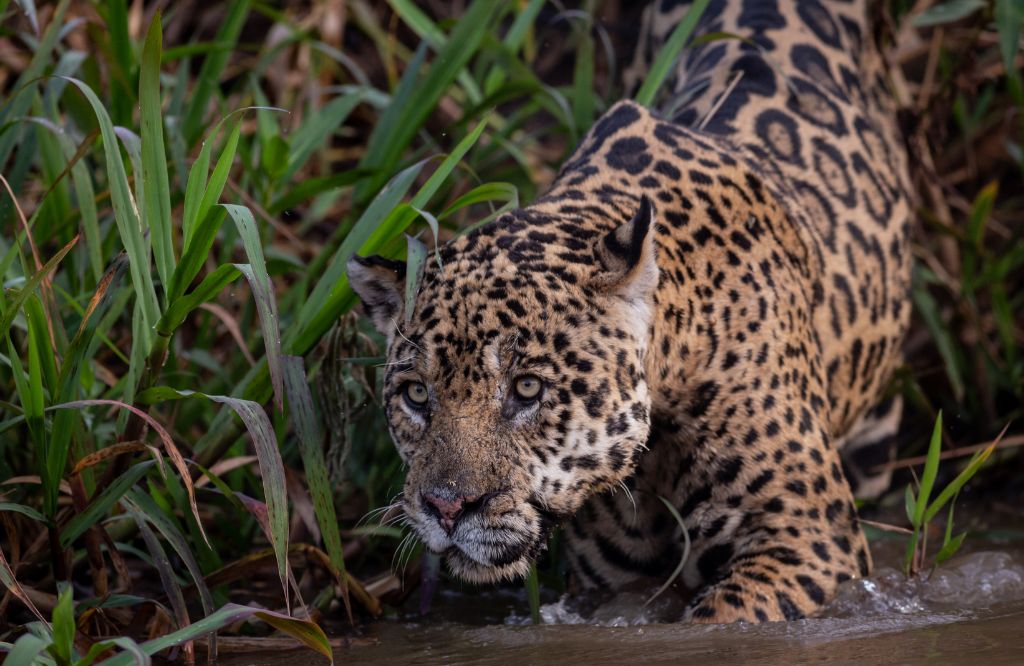
Breathtaking landscapes in the Southern region
The southern states offer a mix of European cultures, wineries, and mountainous landscapes. Destinations like Gramado and Foz do Iguaçu are popular among national and international tourists.
Best time to travel
Choosing the ideal period for your trip to Brazil is crucial to ensure a pleasant experience aligned with your expectations. The country, due to its continental extension, presents significant climatic variations between regions.
Additionally, cultural events and festivities can influence the decision of the best time to visit. Consider the following aspects when doing your travel planning for Brazil:
Summer (December to March)
Characterized by high temperatures and higher rainfall in many regions. It’s the high tourist season, with crowded beaches and Carnival celebration.
Winter (June to September)
Presents milder temperatures, especially in the South and Southeast. In the Northeast, it’s the ideal time to enjoy the beaches, with less rainfall. June festivals are a cultural attraction during this period.
Spring (September to December)
Offers pleasant weather in much of the country, with moderate temperatures and lower rainfall in many regions.
Autumn (March to June)
Period of climatic transition, generally with fewer tourists and more affordable prices. It’s a good time to visit destinations like the Pantanal and the Amazon.
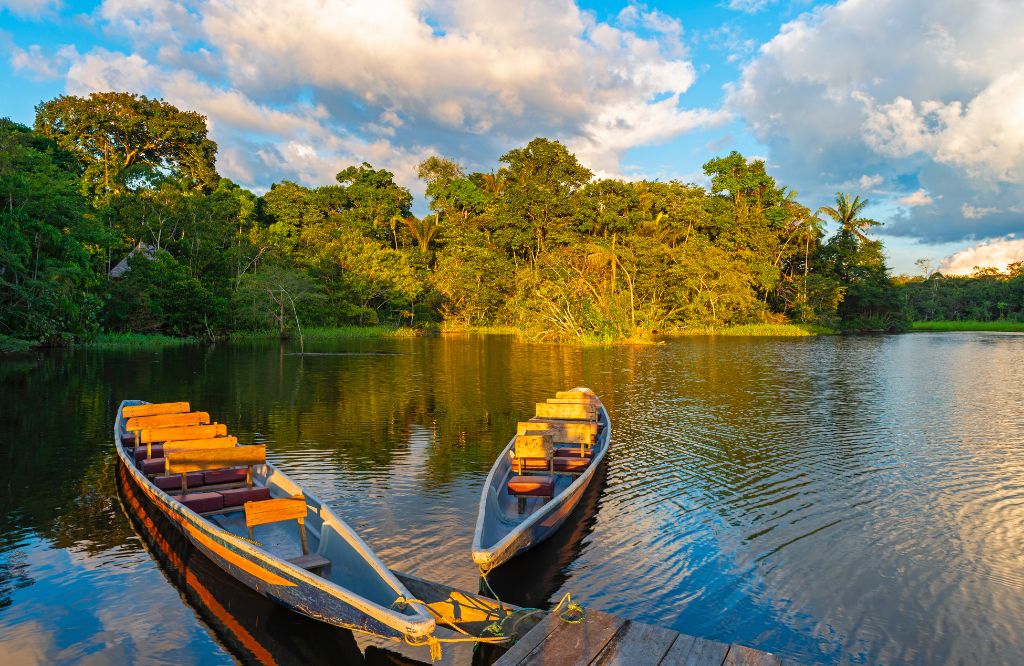
See the best times to visit Brazil
Documentation and visas
Before embarking on your trip to Brazil, it’s essential to have all the necessary documentation in order. Requirements may vary depending on your country of origin and the purpose of your trip.
Preparing adequately, with good travel planning for Brazil, will avoid setbacks and ensure a smooth entry into the country. Here are the main documents and considerations:
Valid passport
Must have a minimum validity of six months beyond the expected return date. Check if there are enough blank pages for entry and exit stamps.
Visa
The need for a visa depends on your nationality and the reason for the trip. Many countries have visa waiver agreements for tourism. Check the official website of the Brazilian Ministry of Foreign Affairs for updated information.
Travel insurance
Although not mandatory for entry, it’s highly recommended to cover any medical expenses and unforeseen events during your stay.
International vaccination card
For entry into some regions, especially the Amazon, proof of yellow fever vaccination may be required.

Learn more about documentation and visa here
Transportation
The transportation system in Brazil is diverse and offers several options for getting around the country. The choice of the ideal means of transport will depend on the distance to be covered, available time, budget, and personal preferences.
Understanding the different options will help you do your travel planning for Brazil efficiently and economically.
Inter-city travel
For travel between cities, these are the options:
Airplane
The best option for covering long distances in Brazil. The country has an extensive network of airports and several domestic airlines, allowing quick travel between major destinations.
Bus
Offers an extensive network that covers practically the whole country. It’s a more economical option and allows you to see the landscape during the journey. Interstate bus companies offer different comfort classes.
Rental car
Provides flexibility to explore regions off the traditional tourist circuits. It’s ideal for short trips or for those who want more freedom in their itinerary. Pay attention to road conditions and local traffic laws.
Train
Options are limited in Brazil, being more used for specific tourist experiences, such as the train journey through Serra do Mar in Paraná or the route between Belo Horizonte and Vitória.
Local transportation
To move around within cities, you can opt for:
Uber and similar apps
Available in major Brazilian cities, they offer a convenient and generally more economical alternative than traditional taxis.
Taxi
Widely available in urban areas. Try to use official taxis or request through apps to ensure fair rates.
Public transport
Large urban centers like São Paulo and Rio de Janeiro have metro, bus, and LRT (Light Rail Transit) systems. It’s an economical option but can get crowded during peak hours.
Bicycle
A growing option in some cities, with bike-sharing systems available for residents and tourists. It’s ideal for short distances and for exploring parks and waterfronts.
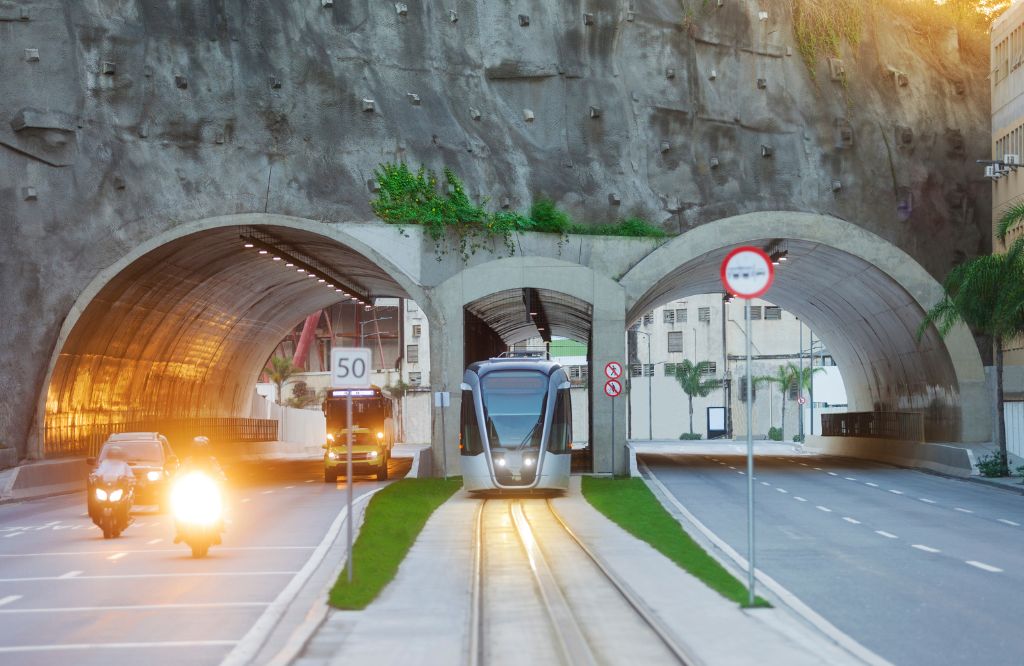
Accommodation
The choice of suitable accommodation can make a big difference in your travel experience. Brazil offers a wide range of options to accommodate different travel styles, preferences, and budgets.
From luxury hotels to more economical options, you’ll find alternatives that suit your needs. Here are some options to consider in your travel planning for Brazil:
Luxury hotels
Offer high-quality services and premium amenities. Usually located in upscale areas of cities or in beachfront resorts.
Charming inns
Ideal for those seeking a more personalized and welcoming experience. Common in smaller tourist destinations and historic cities.
Hostels for budget travelers
Popular option among backpackers and young travelers. Offer shared accommodations at affordable prices and are great for meeting other travelers.
Airbnb and other vacation rental platforms
Allow you to rent apartments, houses, or rooms directly from local owners. Great option for longer stays or for those seeking a more authentic experience.
All-inclusive resorts
Common in beach destinations, they offer packages that include accommodation, food, and leisure activities.
Regardless of the chosen option, it’s advisable to make reservations in advance, especially for trips during high season and holidays, when demand is higher and prices tend to rise.
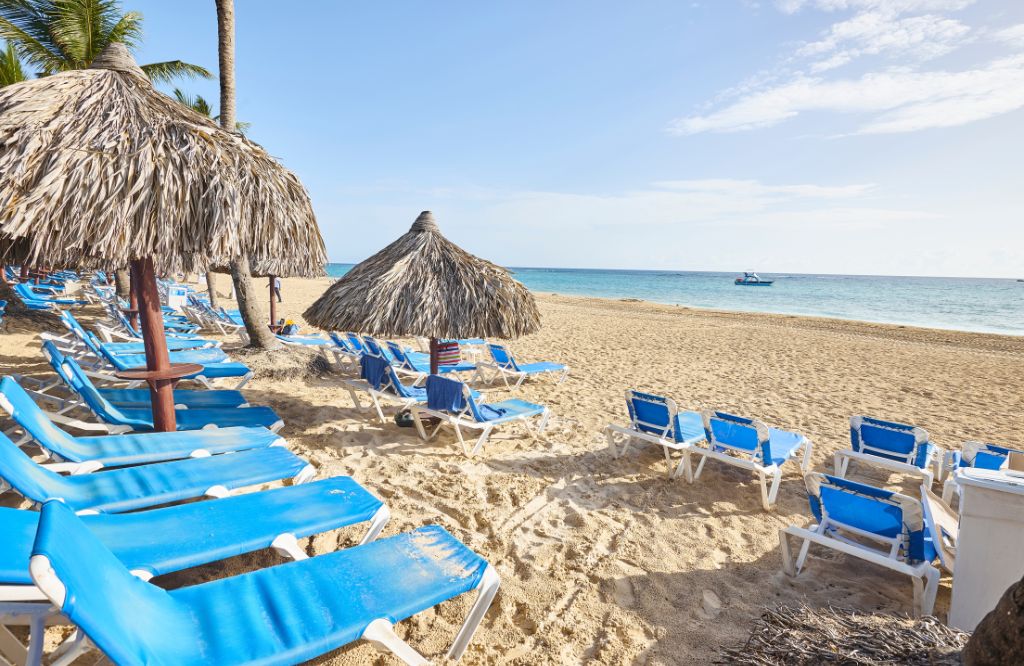
Discover more about accommodations in Brazil here
Budget
Financial planning is a fundamental aspect to ensure a smooth trip without unpleasant surprises. Developing a detailed budget will help you make the most of your experience in Brazil, avoiding excessive or unforeseen expenses.
Consider the following points when planning your budget in your travel planning for Brazil:
- Research the average costs of the chosen destination: Prices can vary significantly between different regions of Brazil. Do a detailed research on the cost of living in the place you intend to visit.
- Include expenses for food, transportation, accommodation, and attractions: Make a realistic estimate for each category. Remember to include both meals in restaurants and possible snacks and drinks throughout the day.
- Take into account exchange rates and accepted forms of payment: Check the current exchange rate of the Brazilian real against your currency and consider the best options for exchange. Find out about the acceptance of international credit cards at your destination. It’s important to have cash. You can withdraw at ATM24h machines.
- Reserve an amount for unforeseen events and shopping: It’s always prudent to have a financial reserve for unexpected situations or to take advantage of shopping opportunities that may arise during the trip.

Learn more about currency and exchange here
Safety tips
Although Brazil is a welcoming country, it’s important to be aware of safety issues, as in any tourist destination. Following some basic precautions will help ensure a smooth and enjoyable trip:
- Stay alert in busy tourist areas: Be aware of your surroundings, especially in places with large concentrations of people. Keep your belongings secure and avoid excessive distractions.
- Use hotel safes to store valuables: Take advantage of safes available in hotels to store passports, extra money, and other valuable items that you don’t need to carry with you during the day.
- Avoid displaying expensive jewelry or electronics: Opt for a more discreet look when going out, avoiding unnecessary attention. Store cameras and smartphones when not in use.
- Find out about safe areas to circulate, especially at night: Ask for information at the hotel or from local residents about which areas are safer for tourists, especially when going out at night.
- Have copies of important documents: Make physical and digital copies of your main documents, such as passport and credit cards. Store them separately from the originals.
Health and well-being
Taking care of your health during the trip is essential to fully enjoy your stay in Brazil. The country has a tropical climate in much of its territory, which requires some specific care:
- Check the need for specific vaccines: Consult a doctor or travel medicine center before the trip to check if you need any vaccines, such as yellow fever for certain regions.
- Bring insect repellent, especially for tropical regions: The use of repellent is important to prevent insect bites that can transmit diseases such as dengue and Zika.
- Drink bottled mineral water: In some regions, it’s safer to opt for bottled water to avoid possible gastrointestinal problems.
- Use sunscreen regularly: The sun in Brazil can be intense, even on cloudy days. Apply high-factor sunscreen regularly, especially if you spend a lot of time outdoors.
- Have a basic first aid kit: Include medications for pain, fever, stomach problems, as well as bandages and antiseptics for minor injuries.

In some regions, it’s safer to opt for bottled water to avoid possible gastrointestinal problems
Unmissable experiences
Brazil is a country rich in culture, nature, and traditions, offering a multitude of unique experiences to visitors. To truly immerse yourself in the Brazilian essence, it’s important to go beyond conventional tourist spots and seek authentic experiences to include in your travel planning for Brazil.
Here are some unmissable experiences that can make your trip to Brazil truly memorable, providing unforgettable moments and a deeper understanding of the local culture:
Watching a soccer game in a famous stadium
Soccer is more than a sport in Brazil; it’s a national passion. Watching a match in an iconic stadium like Maracanã in Rio de Janeiro or Arena Corinthians in São Paulo is an electrifying experience.
Feel the contagious energy of the crowd, participate in the chants, and vibrate with each play. Even if you’re not a big soccer fan, the festive atmosphere and collective emotion are incomparable.
Participating in a samba or forró class
Immerse yourself in Brazil’s rich musical culture by participating in a dance class. Samba, the characteristic rhythm of Rio’s carnival, and forró, typical of the northeast, are excellent options to connect with Brazilian music and body expression.
Many dance schools and even some hostels offer classes for beginners. In addition to learning the basic steps, you’ll have the opportunity to interact with locals and other travelers in a relaxed environment.

Trying feijoada on a Saturday
Feijoada is considered one of Brazil’s most traditional dishes. Typically served on Saturdays in many restaurants, it’s more than a meal; it’s a social event.
Composed of black beans cooked with various types of pork, accompanied by rice, collard greens, farofa, and orange, feijoada is an explosion of flavors.
Take the opportunity to savor this delicacy in a traditional restaurant, where you can enjoy not only the food but also the relaxed and festive atmosphere that usually accompanies this dish.
Visiting an indigenous community in the Amazon
For a truly unique and enriching experience, consider visiting an indigenous community in the Amazon. This is an opportunity to learn about ancestral traditions, sustainable way of life, and the deep connection with nature that these peoples maintain.
Many communities offer responsible tourism programs, where you can participate in daily activities, learn about local crafts, and even experience traditional medicine. It’s important to choose ethical operators that respect and directly benefit the communities.
Diving in Fernando de Noronha
The Fernando de Noronha archipelago, in northeastern Brazil, is a paradise for diving and nature lovers. With its crystal-clear waters, rich marine life, and beautiful beaches, it offers one of the best diving experiences in the country.
Whether diving with a tank or practicing snorkeling, you’ll have the chance to swim with turtles, dolphins, and an impressive variety of tropical fish. Environmental preservation measures ensure that the ecosystem remains intact, providing a unique experience of contact with nature.
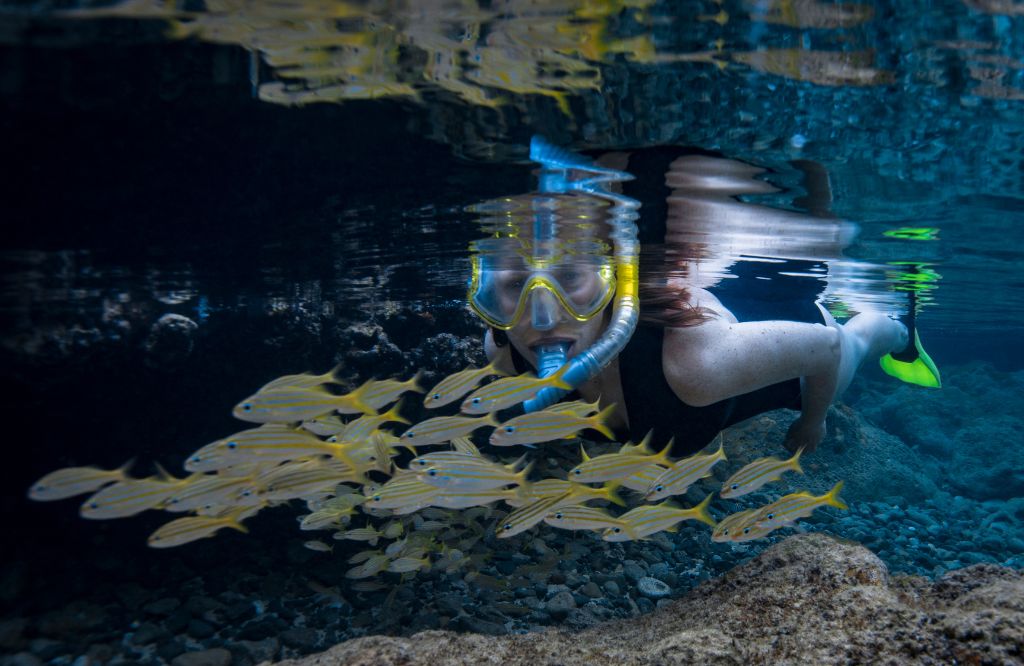
Exploring Iguazu Falls
Visiting Iguazu Falls, on the border between Brazil and Argentina, is a breathtaking experience. This set of 275 waterfalls extends for almost 3 km, creating an impressive natural spectacle. Walk along the walkways that take you very close to the falls, feeling the mist on your face and the roar of the waters.
For a different perspective, consider taking a boat trip that gets close to the base of the falls or a panoramic helicopter flight. Iguazu National Park, which houses the falls, also offers trails through the Atlantic Forest, where you can observe rich fauna and flora.
See tips for itineraries in Brazil
Frequently Asked Questions (FAQ) about Travel Planning in Brazil
1. What is the best time to visit Brazil?
It depends on the destination and desired experience. April to October offers mild weather in much of the country. For Carnival and Northeast beaches, prefer December to March. Research the specific climate of your destination.
2. Do I need a visa to enter Brazil?
Many countries don’t need a visa for tourist stays of up to 90 days. Check updated information on the Ministry of Foreign Affairs website or consult the Brazilian embassy in your country.
3. Is it safe to travel in Brazil?
The main tourist areas are generally safe, but take basic precautions. Stay alert to your belongings, avoid displaying valuable objects, and find out about less safe areas in the cities you visit.
4. How much money should I bring for a trip to Brazil?
The budget varies according to travel style, destinations, and duration. On average, consider between R$ 200 to R$ 500 per day, including accommodation, food, and activities. Research specific costs and add a margin for unforeseen events.
5. What vaccines are necessary to travel to Brazil?
There are no mandatory vaccines, except in specific cases. It’s recommended to be up to date with routine vaccines. The yellow fever vaccine is advisable, especially for areas like the Amazon and Pantanal. Consult a doctor before the trip.
Currency and Exchange

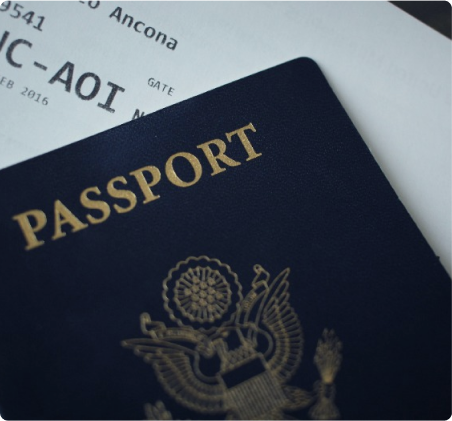
Documentation and Visa
Transport

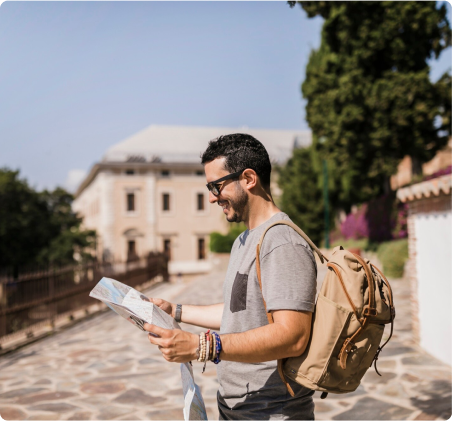
Travel Insurance
Health

